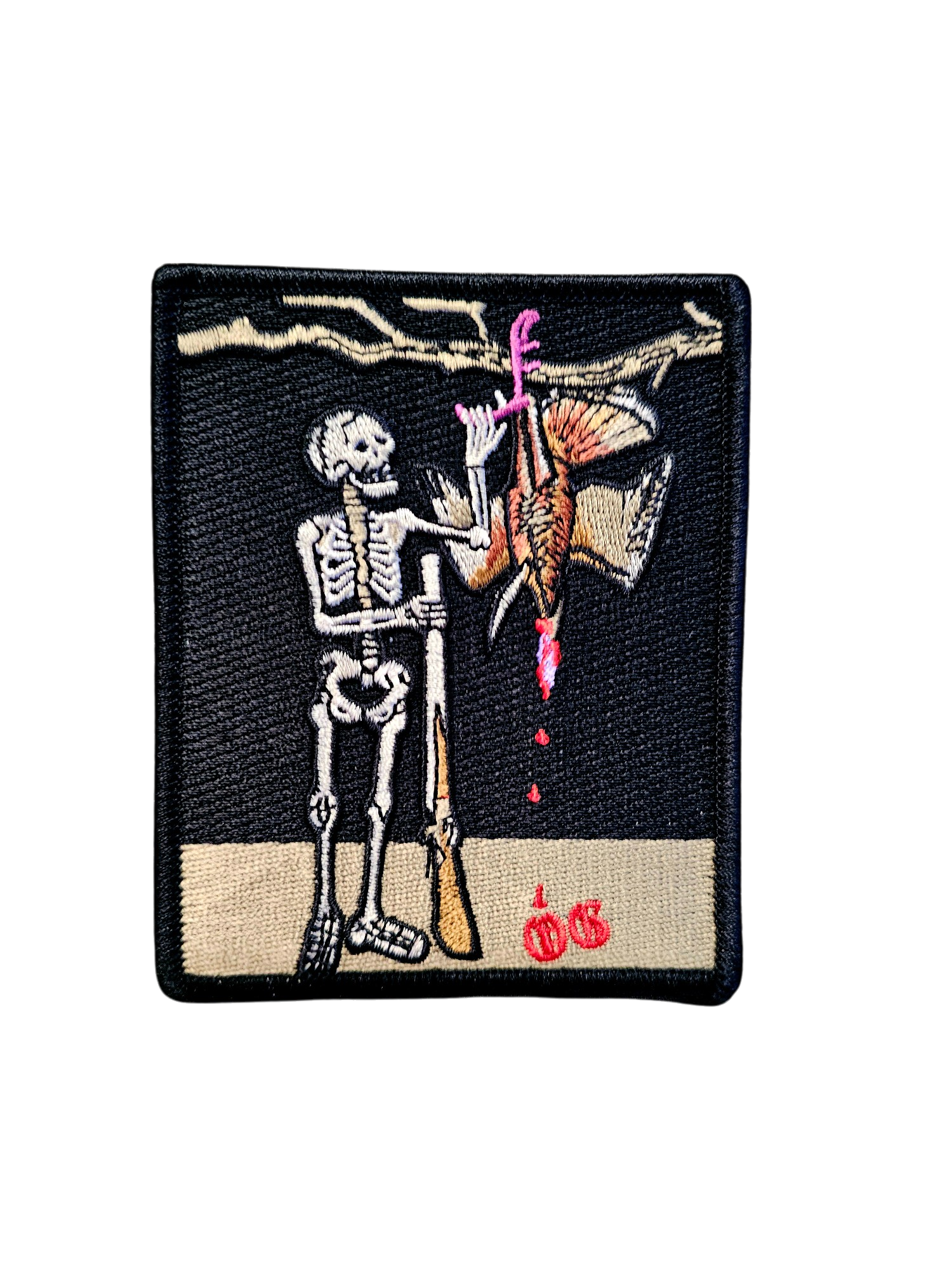        |
Winter flock questionsStarted by RutnNStrutn, February 02, 2022, 09:33:43 PM Previous topic - Next topic
User actions
|
        |
Winter flock questionsStarted by RutnNStrutn, February 02, 2022, 09:33:43 PM Previous topic - Next topic
User actions
|